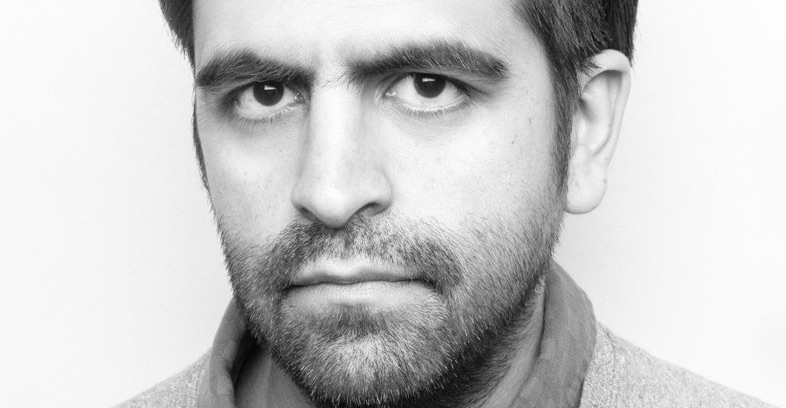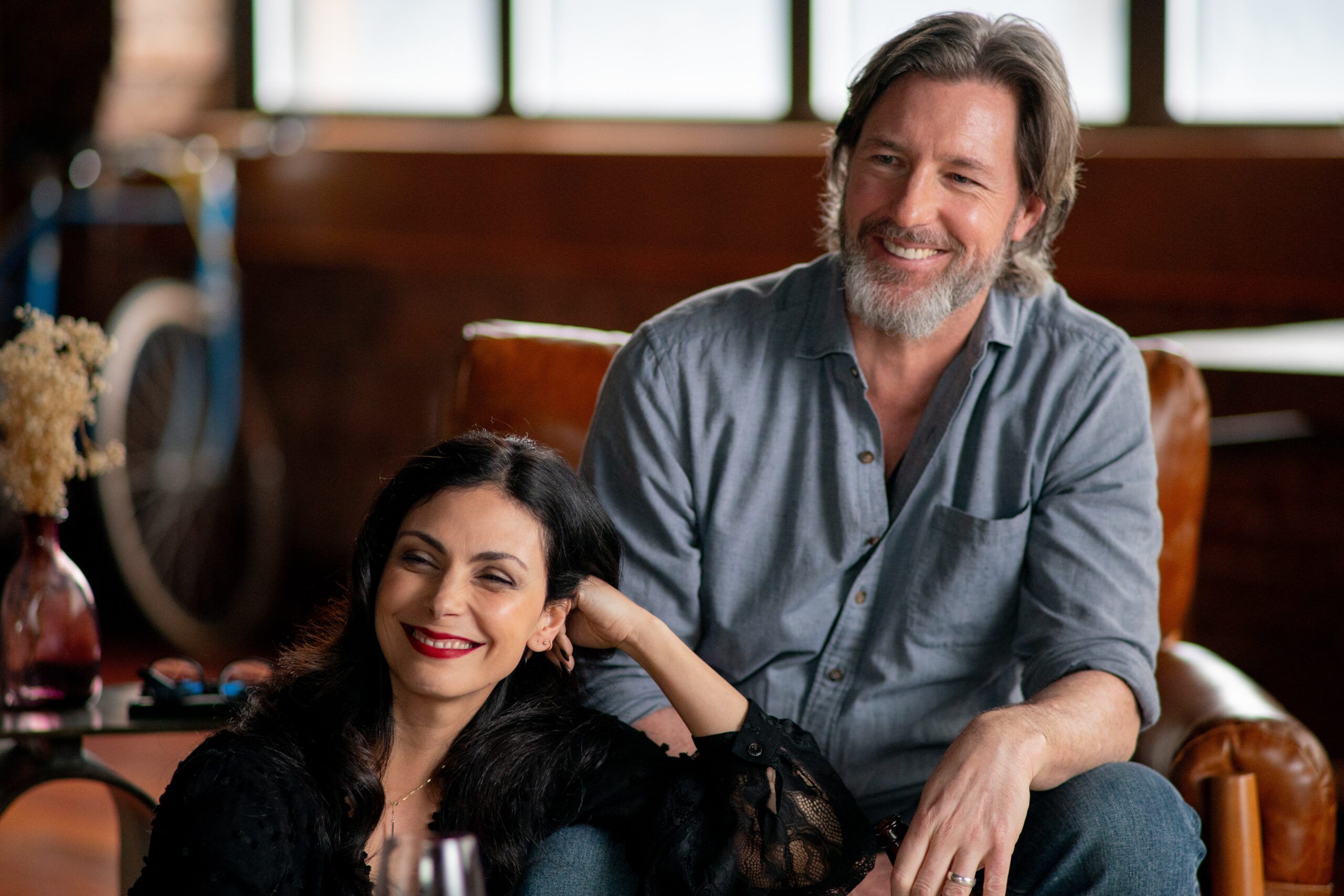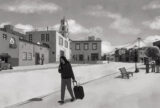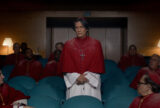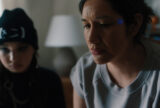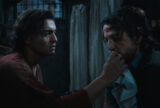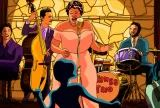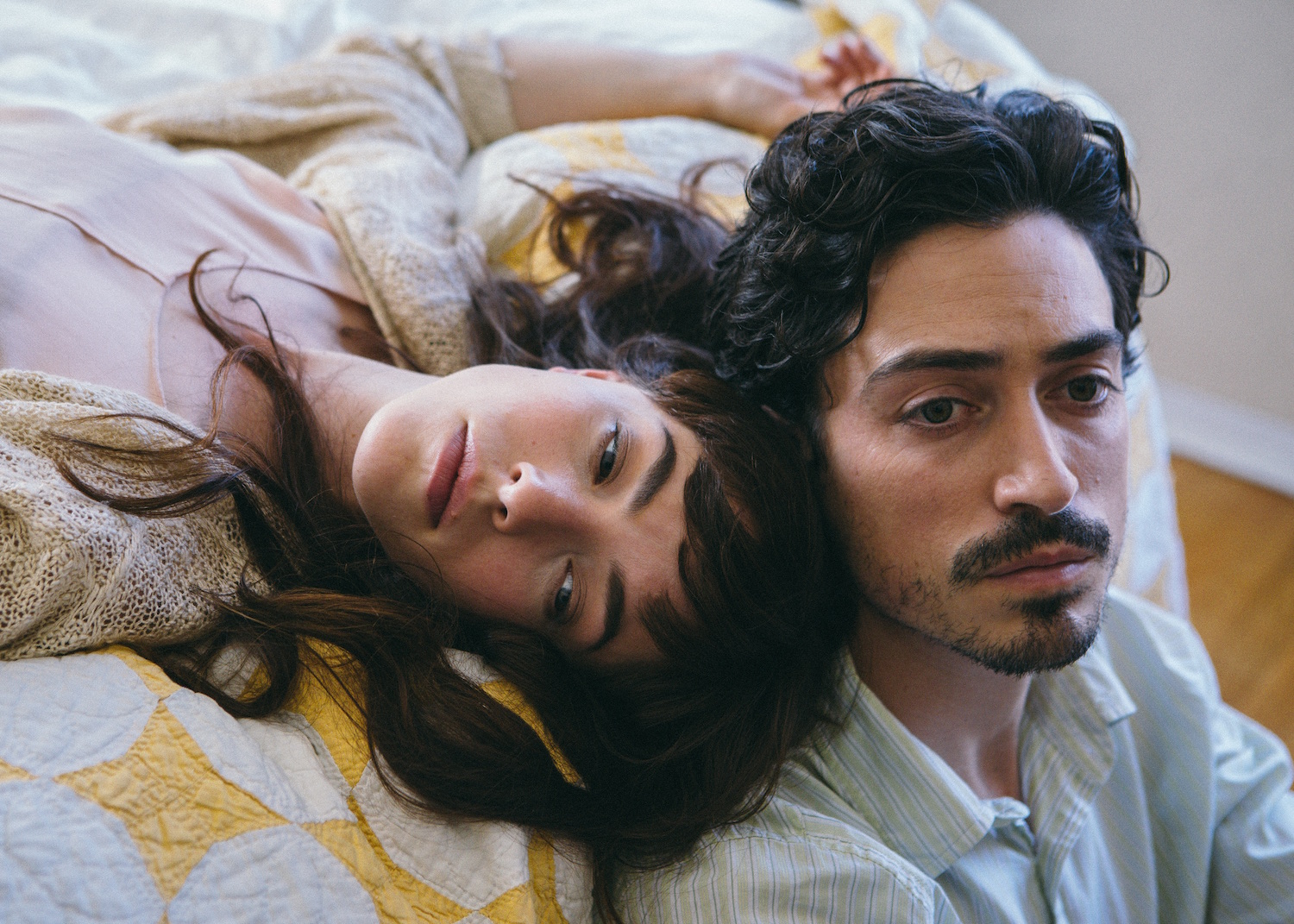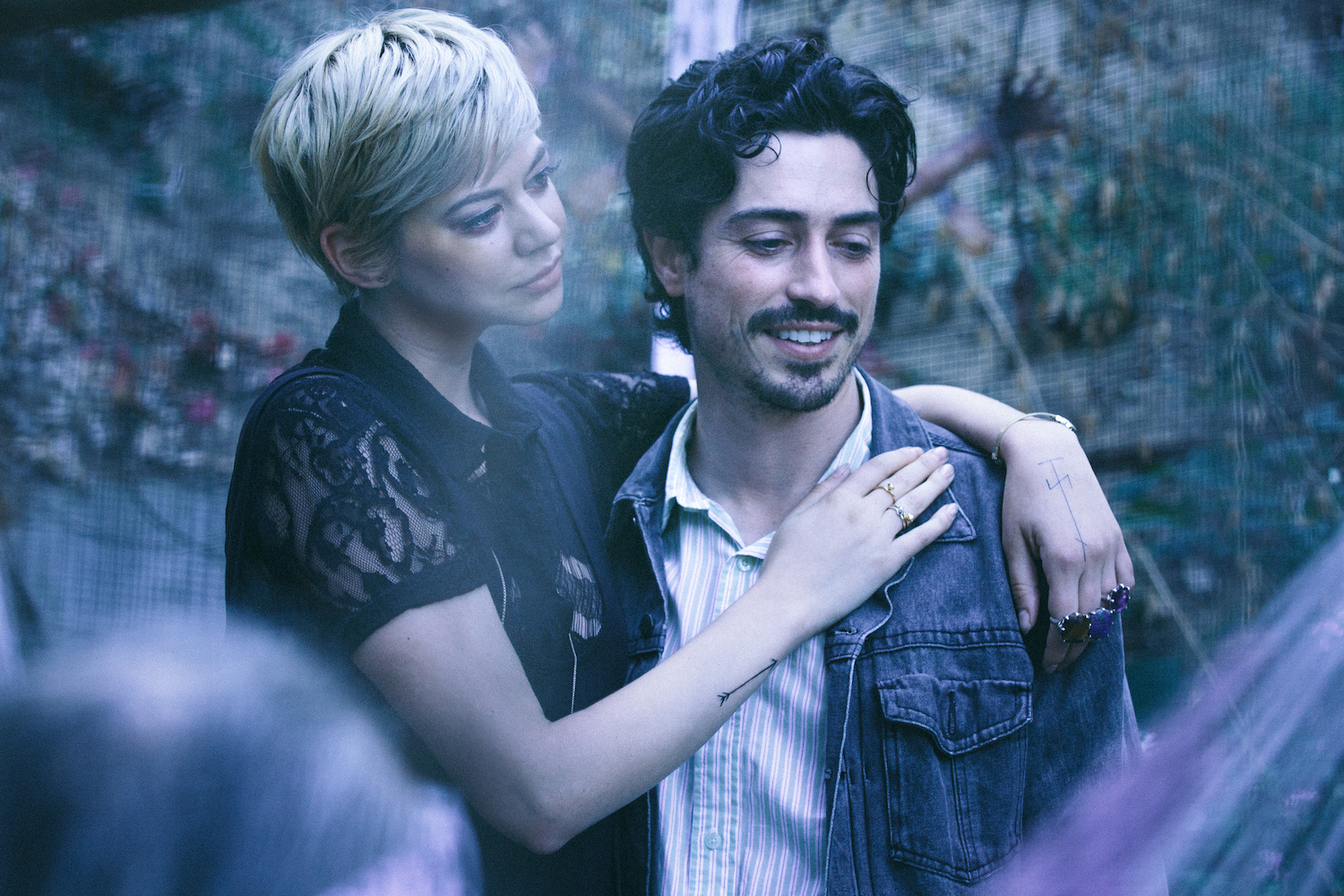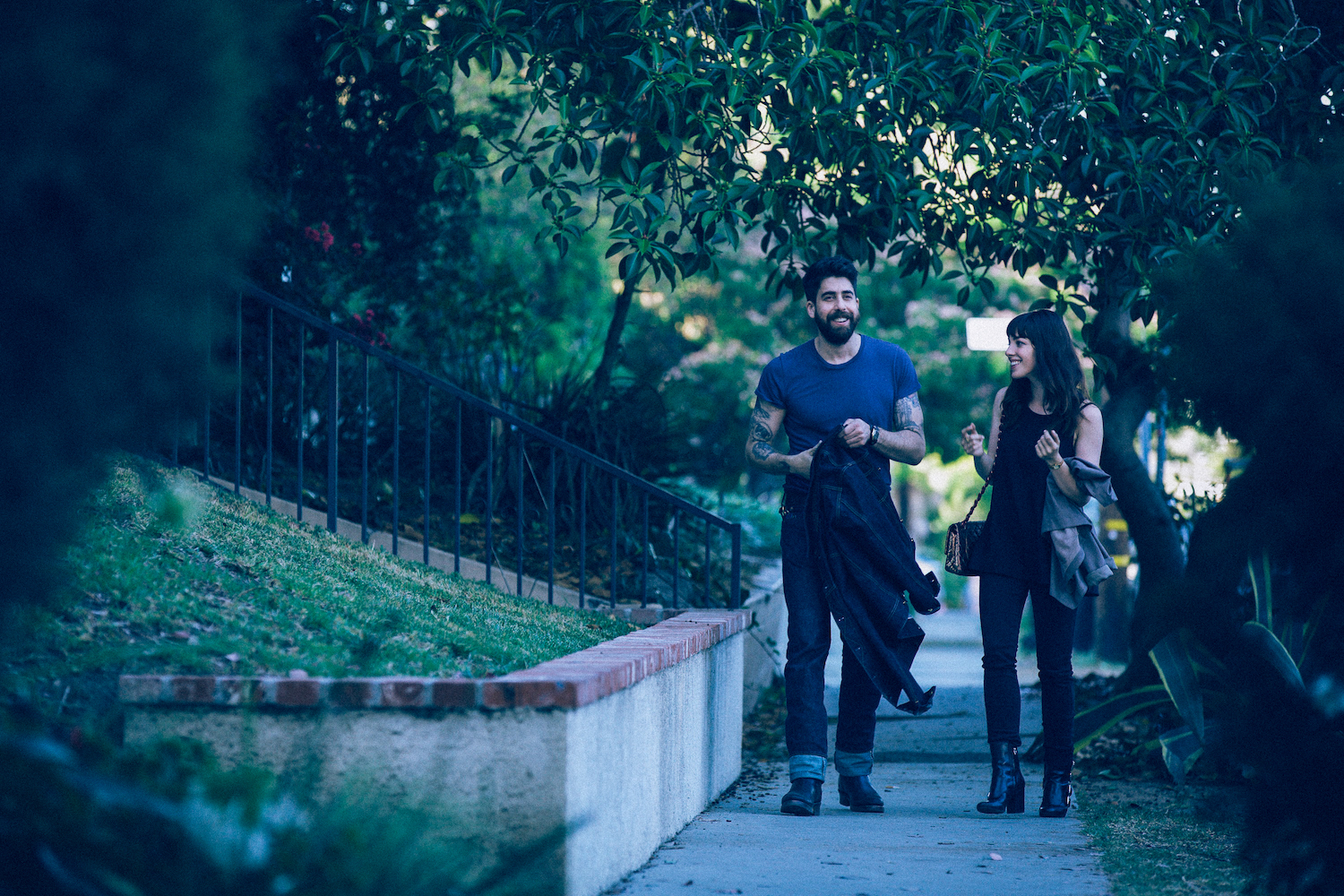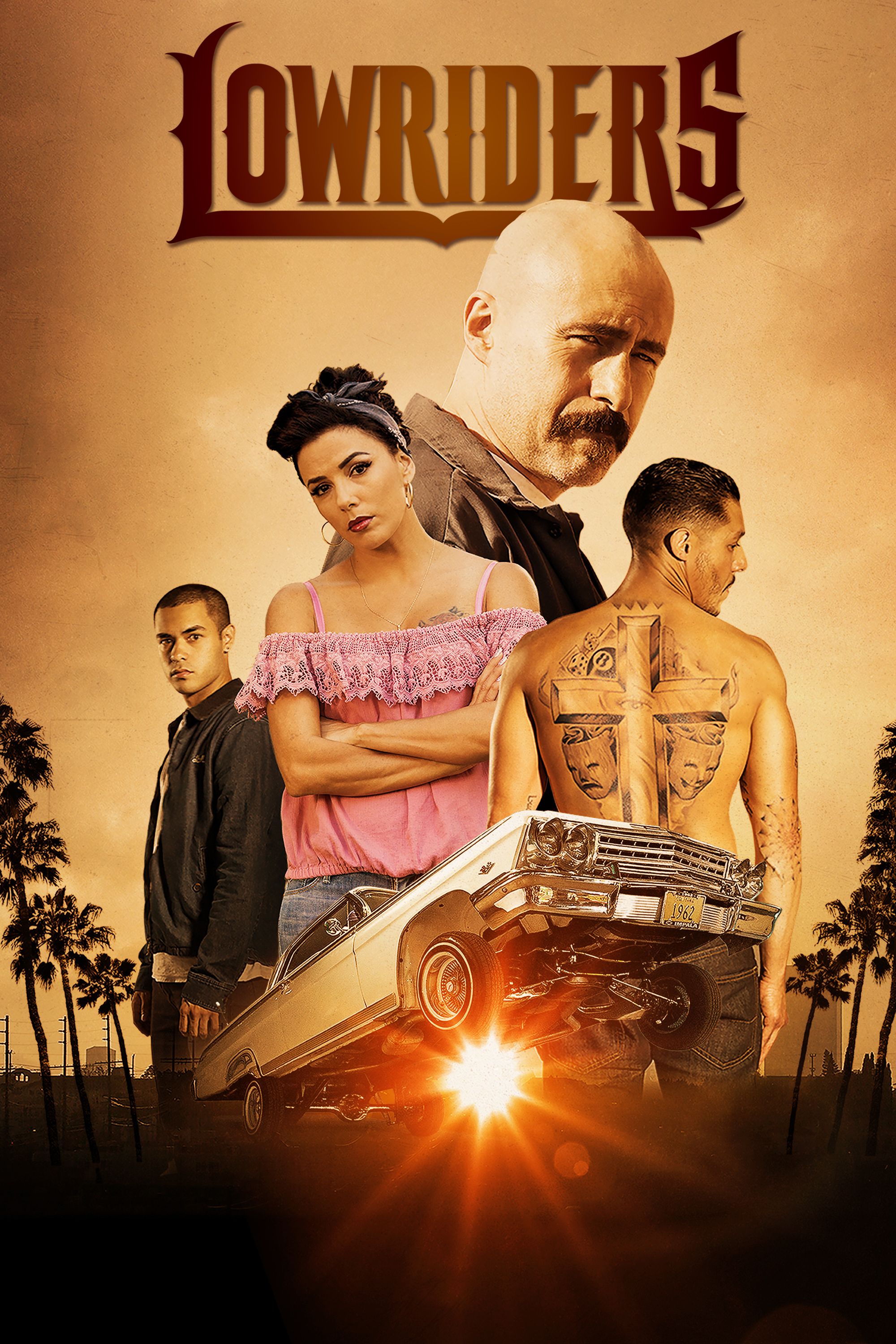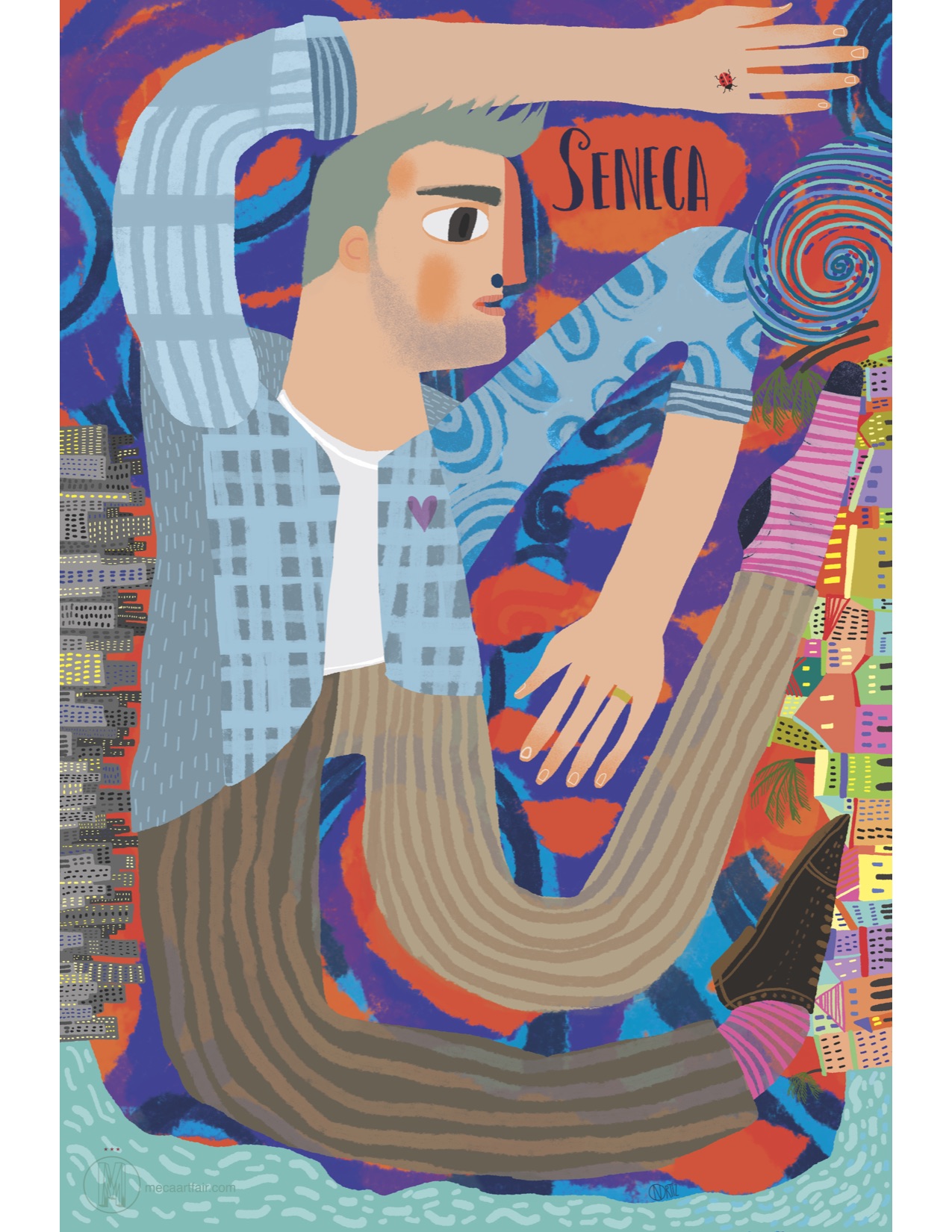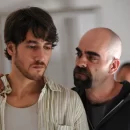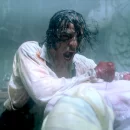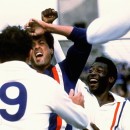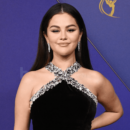04.29.2016 | By Jack Rico |
One of the best movies to come out of this year’s Tribeca Film Festival is Between Us by Mexican-Colombian director Rafael Palacio Illingworth. The film stars Ben Feldman, Olivia Thirlby, Adam Goldberg, and Analeigh Tipton and centers around a young married couple who slowly start to question the sexual and moral commitment they have to their marriage.
The film is so realistic in its writing and situations that anyone who sees it will either connect with the complex human dimensions or be too afraid to confront its truths. Between Us is the type of thought-provoking film that challenges the way we look at relationships; it’s unpredictable, it strips the vanity of Hollywood’s romance veneer, and it presents an honesty rarely seen in theaters today. I spoke with its director, Rafael Palacio Illingworth, to discuss his take on love, Hollywood’s lack of romance films, Mexico’s new wave of directors after Cuarón, Del Toro, and Iñarritu, and a bit more.
Jack Rico (JR): Rafael, how would you describe your sophomore film Between Us?
Rafael: An honest look into a modern-day couple as they dig deep into themselves to find out if they still love each other.
JR: What was the principal factor driving you to do this film?
Rafael: I’m attracted to themes that have to do with self-discovery; studies of the inner self. I feel that by trying to understand and expose myself and my flaws I can discover (or portray) something that connects me to other people. So I’m always analyzing and judging myself, judging the moment where I’m stand, and the person that I have become. My first film, Macho, dealt with a guy dealing with a long-distance relationship (which I was when I started to write that script). ‘Between Us’ came about by trying to understand the origin and the possible end (cause and effect) of those ego fantasies that I’m always dealing with (i.e., if I wasn’t with my girlfriend, could I be sleeping around with thousands of girls? Could I be happier with someone else? Am I just surrendering to comfort and habit and not really exploring love and passion to its full potential?)
JR: You’ve said that by doing this movie, you’d hope it would bring you some peace. What did you mean by that?
Rafael: Yes, by admitting these issues through a movie I was expecting to get rid of a fear or a ghost. Like when you talk about something in public and then it stops being an issue. But that never happened, what I learned is that these are just natural impulses of every human being and no one has the power to get rid of that. I don’t think you can shut down desire or sexual fantasy, which is actually a great thing. It is how the mind works. I became aware of that early on the development, while shaping the script. But I also started desiring that these other people would have that realization and that’s the “peace” I’m talking about; the moment when the audience says “oh shit, that’s exactly like how I talk to my girlfriend or boyfriend when we’re alone” and then realize that we’re all the same and we’re all equally flawed (or equally perfect), we all just the go through the same.
JR: Certain moments of “Between Us” reminded me of Lars Von Trier or Michael Haneke, two acclaimed European directors. Who were your influences in visualizing the camera direction for the film?
Rafael: I take that as a compliment, thank you very much. But my approach to visual style is always that of honesty and true (almost fanatic) submission to the requirements of the story and the POV we decide to use. Maybe that’s what you see, because I consider both Lars Von Trier and Haneke masters of that. They never have “their own style” on top of their movies, they just approach each movie as its own. That’s what excites me and that’s what I want to get better at. I hate style and “coolness” when they are not based in story. I always say in cinematography the only “style” should be the search for truth, I hate when a DP comes and talks about “his style” because that means that he considers himself and his reputation more important than the story.
I am lucky to work with people that also feel like that, Cinematographer Todd Banhazl, Production Designer Nick Kelley and Editor Daniel Raj Koobir are all interested in telling a good story even if that means “looking bad”. To concretely answer your question, I didn’t have any specific camera influences starting up, I never do. All my conversations with Todd centered in finding a way to tell a honest and mature story and how to achieve that without getting a tag on the film in the first minutes (i.e., shaky-camera movie, RED type of movie, 16mm kind of movie), we worked hard in being invisible, in achieving a style that would place audience inside the story without asking them to judge anything. Later on we found this spirit in the photography of Araki, a distant-yet-close look at people; sort of nostalgic. That became our guiding principle.
JR: How much of this film shares your position on love? Some of it or all of it?
Rafael: All of it. Even if I don’t act like these characters do, I do share 100% the position the film takes in regards to love. Love is passion, work and decision… all of them together and in no definite order.
JR: Your movie gives us a realistic look at love in a relationship. But what’s your take on Hollywood’s view of romance films? They’re usually stuffed with syrupy, fantasy-like quality to them. Do you like that approach or do you dislike them?
Rafael: I guess it depends on which one. But I like some and I hate others with passion. I hate formulaic “dude” movies or their female version. They are stupid and just support certain ideas of roles that are floating in our generation and polluting authenticity. Most of them will expire like fashion or like a trend. I admire whoever puts himself out there in their stories and, to be fair, Hollywood can also be the best at that. So I guess the best answer is to say that I’m open to all of them, I try them all and either swallow them happily or vomit them out of my system.
JR: The romance genre has slumped tremendously in Hollywood over the last decade or so. Why do you think studios are making less romantic films than in the 90’s?
Rafael: I also wonder that. My only guess (and take it with a grain of salt) is that romantic scripts are “low voltage”, so to speak. I’m sure the same amount of good stories are out there but now that everything goes faster and it continues accelerating, the things that stick are the ones that burn, the “high voltage” scripts and stories. They are read, make a huge impression, get cast, get financing, get made, get buzz and get shown; all this happening faster and faster, so stories that talk about a couple going through troubles are by nature not loud enough to get noticed. Maybe in the 90s and before, things took a bit longer, so these good stories from the heart had their fair chance to shine. I’m so lucky that I write my own scripts and that I found producers that support that, but if I was to be sending my script around, I don’t think this would really get a fair chance.
JR: In your opinion, what subject matters are the new wave of Mexican directors interested in telling today as we head into the end of this decade?
Rafael: I think there’s no definite subject matter, but I do think there is a shared desire to tell something risky, personal and unique. This happens because the conditions are right. Mexican film is supported in big part by the state, so it allows for young filmmakers to go into a dramatic adventure without having the pressure of proper investors. It is their duty and responsibility to make something relevant and special. This has its pros and its cons. A lot of garbage and projects that never get finished because they don’t really have to, but also incredible poetic explorations the push cinema forward as a whole.
Comments
-
June 4, 2016
I know Rafa has a thick accent but you could have done better than thinking he was saying “this” when he was actually saying “these.”

